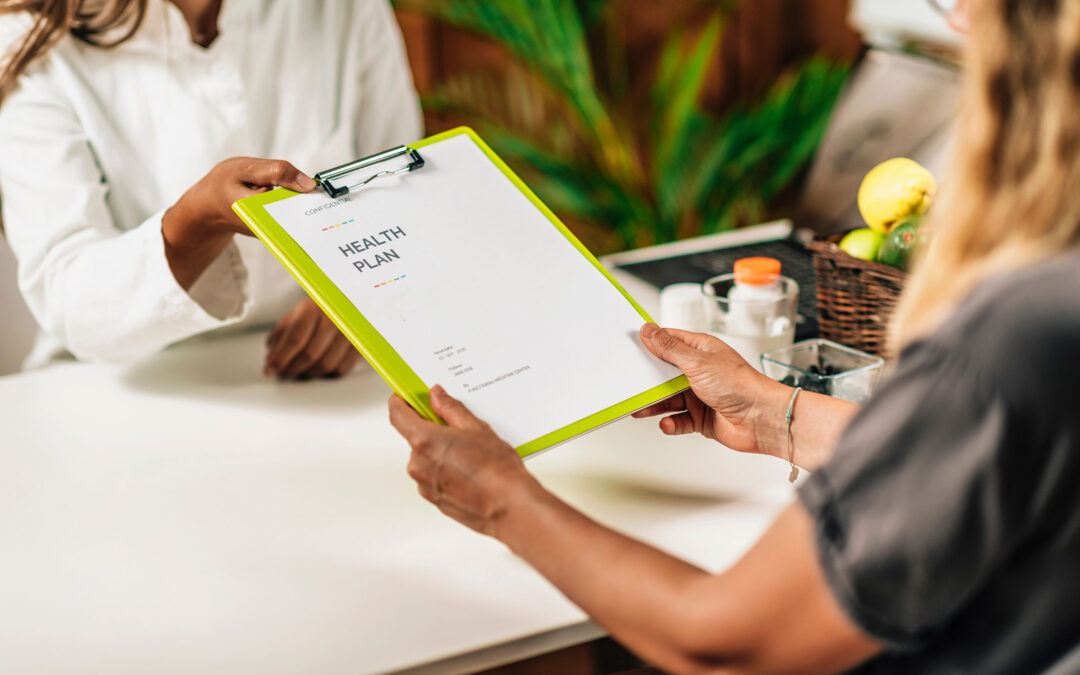Welcome to Joint Venture, where we’ll explore a functional medicine approach to natural remedies for joint pain and stiffness, and how to improve mobility and flexibility. Joint pain and stiffness can be caused by a variety of factors, including injury, arthritis, and overuse. While conventional approaches focus on medication and surgery, functional medicine takes a holistic approach to joint health. Let’s dive in!
1. Eat an Anti-Inflammatory Diet
Eating an anti-inflammatory diet is a key part of a functional medicine approach to reducing joint pain and stiffness. An anti-inflammatory diet includes a variety of whole foods like fruits, vegetables, whole grains, lean protein, and healthy fats. Avoiding pro-inflammatory foods like sugar, processed foods, and trans fats is also important. A functional medicine practitioner can help you determine the best dietary approach for your individual needs.
2. Exercise Regularly
Regular exercise is important for joint health and can help reduce joint pain and stiffness. Exercise helps improve flexibility, mobility, and strength. Low-impact exercises like walking, swimming, and cycling are especially good for joint health. Aim for at least 30 minutes of moderate exercise most days of the week. Talk to your healthcare provider about what types of exercise are safe and effective for your individual needs.
3. Try Supplements
Certain supplements can be helpful for reducing joint pain and stiffness. These may include glucosamine, chondroitin, and MSM, which are all natural compounds that help support joint health. Other supplements like omega-3 fatty acids, turmeric, and ginger may also be helpful for reducing inflammation and improving joint health. Talk to your healthcare provider about which supplements may be right for you.
4. Consider Acupuncture
Acupuncture is a traditional Chinese medicine technique that involves the insertion of thin needles into specific points on the body. It has been shown to be effective for reducing joint pain and stiffness. Acupuncture works by stimulating the body’s natural healing mechanisms and reducing inflammation. Working with a licensed acupuncturist can help you determine if acupuncture is right for you.
5. Manage Stress
Stress can increase inflammation and contribute to joint pain and stiffness. Managing stress is an important part of a functional medicine approach to reducing joint pain and stiffness. Activities like meditation, yoga, and deep breathing can help reduce stress and improve joint health. It’s also important to make time for hobbies, relaxation, and socializing to reduce stress and improve overall well-being.
6. Get Enough Sleep
Getting enough sleep is important for joint health and can help reduce joint pain and stiffness. Lack of sleep can increase inflammation and contribute to joint pain. Aim for 7-9 hours of quality sleep each night. If you have trouble sleeping, talk to your healthcare provider about strategies for improving sleep.
Conclusion
There you have it, folks! A functional medicine approach to natural remedies for joint pain and stiffness, and how to improve mobility and flexibility. Of course, a healthy lifestyle is just one part of the equation. Talk to your healthcare provider about your individual risk factors for joint pain and stiffness and how to manage them. Here’s to a joint venture towards improved joint health!









